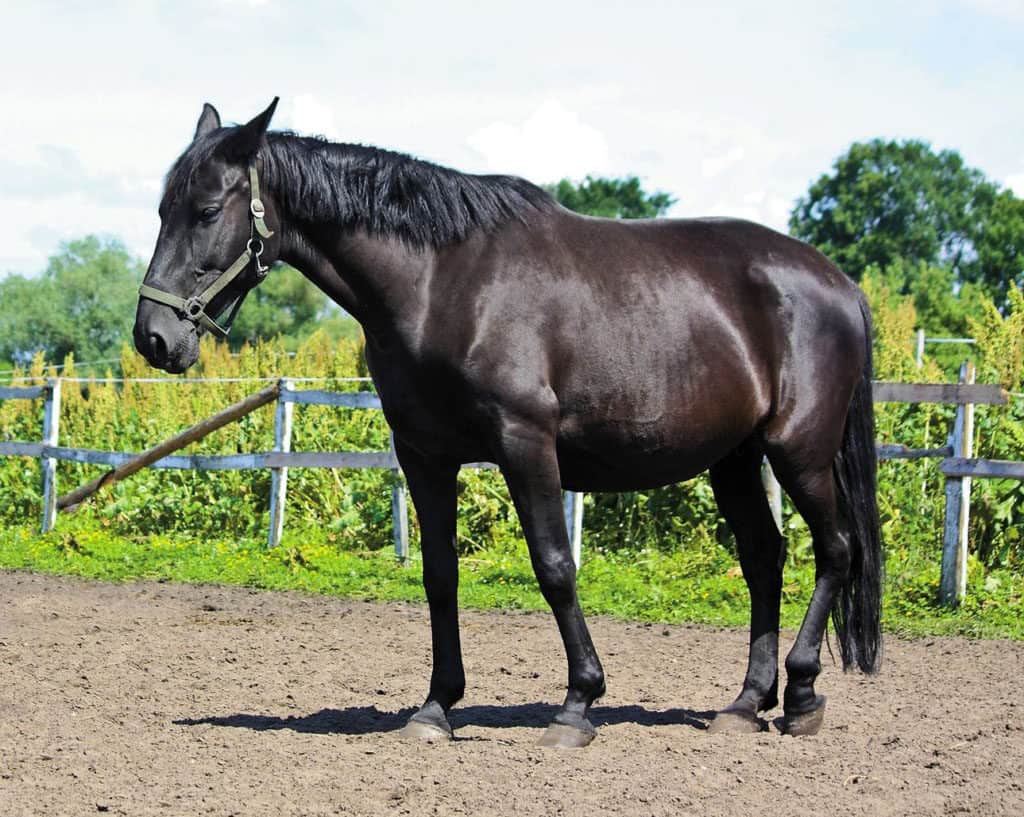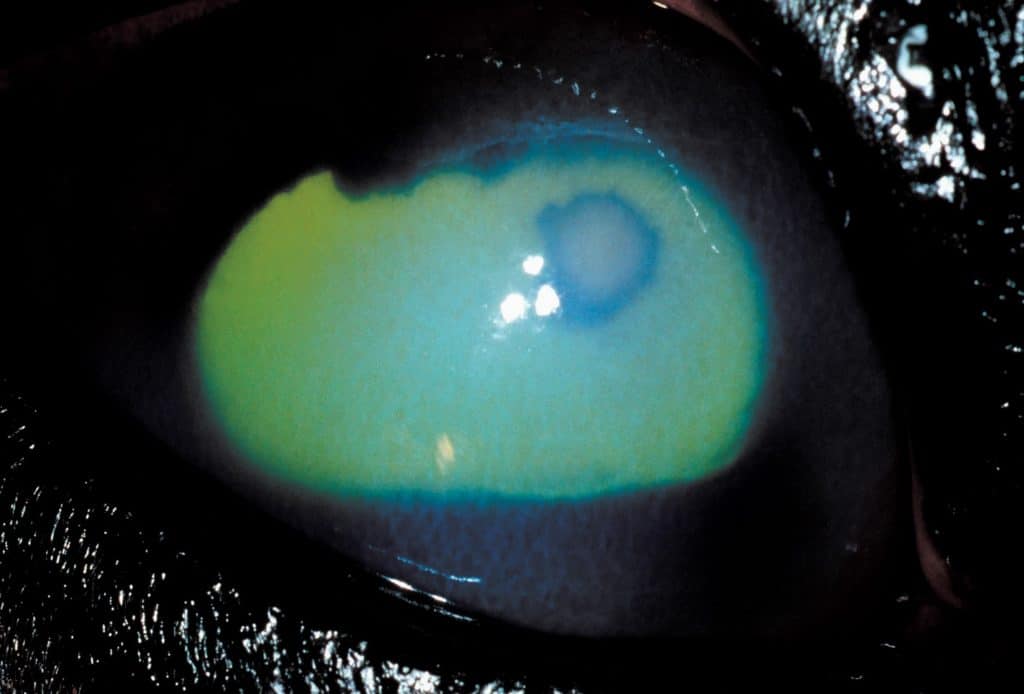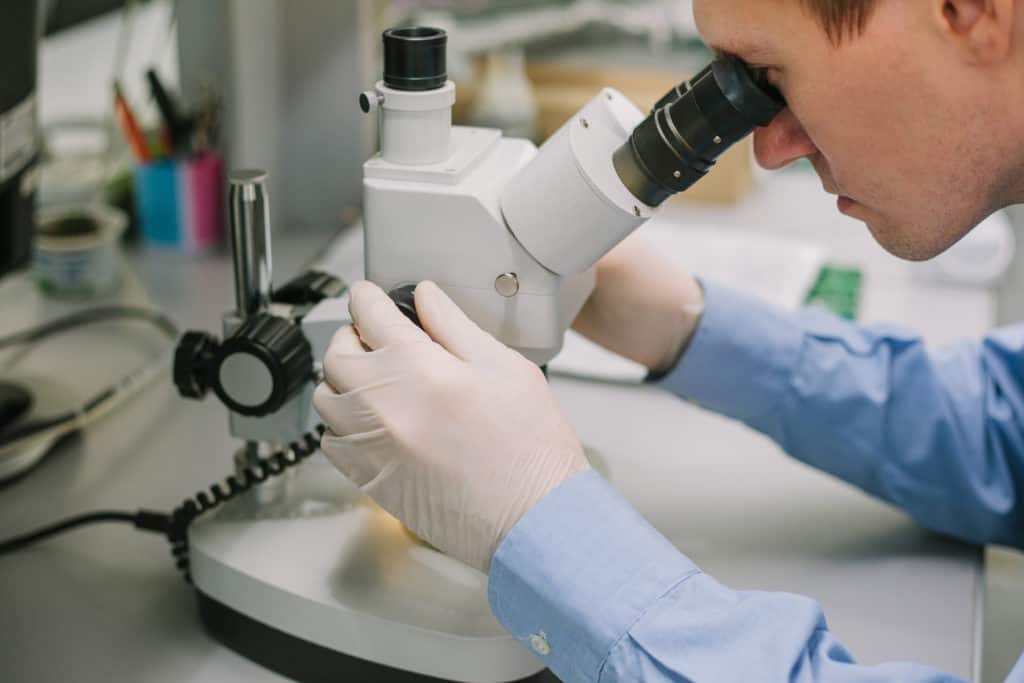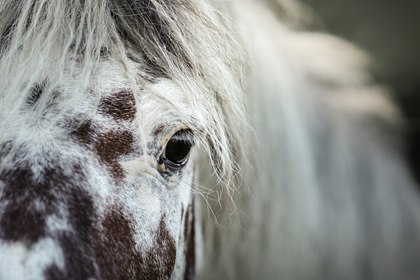
Lyme Disease: Clinical Signs in Horses
Dr. Eric Swinebroad gives an overview of Lyme disease’s potential clinical signs.

Dr. Eric Swinebroad gives an overview of Lyme disease’s potential clinical signs.

Equine recurrent uveitis, or ERU, remains a timely, expensive, and unrewarding disease to treat due to recurrence, loss of vision, and loss of use.

There are six main classes of corneal ulcers in horses that veterinarians must consider and properly diagnose to institute appropriate therapy.

Squamous cell carcinoma (SCC) can be difficult to treat, so early detection and treatment are key to giving affected horses the best chance at positive outcomes.

Upon examination, a painful equine eye might reveal a deeper problem than the more common ulcerated cornea.

Cytology allows vets to correctly diagnose a corneal ulcer’s underlying cause and institute appropriate therapy.

Eye specialist Dr. David Wilkie covers ERU (aka moon blindness) clinical signs, causes, exams, treatment, and more.

Discuss topics from travel plans to your horse’s age with your veterinarian to help ensure yearlong equine wellness.

Oral atropine has been associated with slowed gastrointestinal movement, but researchers found no evidence of this with topical application.

This yellow, amber, or orange iris found in some Paso Finos seems to have no association with eye or vision problems.

Of the 236 respondents, only 87 (33%) said their horses have an annual eye exam by a veterinarian.

Skin diseases and lameness were the most commonly reported ailments, affecting 31.1% and 23.4% of horses, respectively.
Tweets and take-homes from Friday’s educational sessions on osteoarthritis, tendon injuries, strangles and more.
Lecture topics will include anesthesia, eye emergencies, sports medicine, biosecurity, foaling problems, and more.

Eye problems are common in horses and can negatively impact training and quality of life. Here’s what to know.

Lavender foal, lethal white, blindness, and deafness are all color-related genetic problems. Dr. Samantha Brooks explains.
Stay on top of the most recent Horse Health news with
"*" indicates required fields